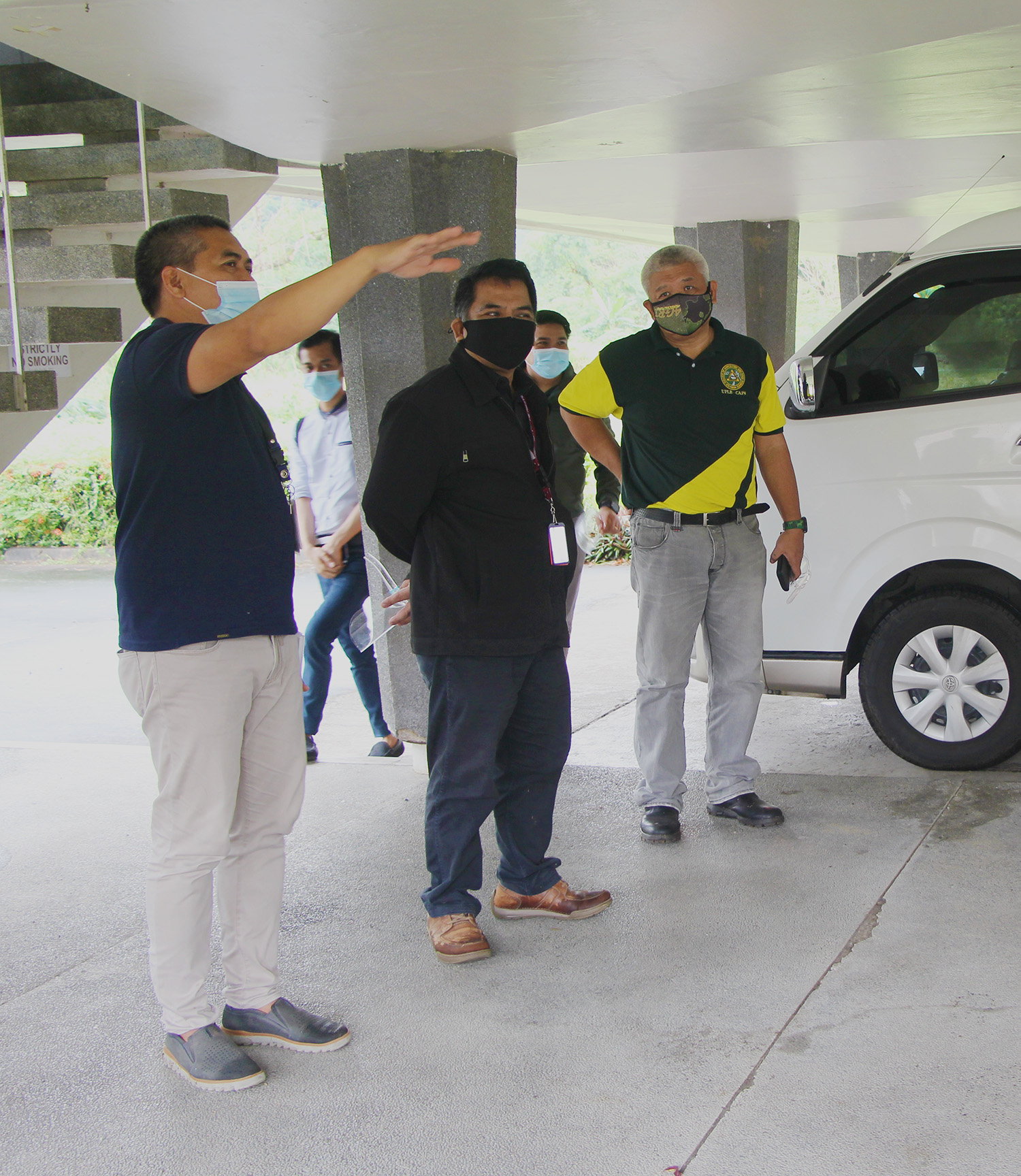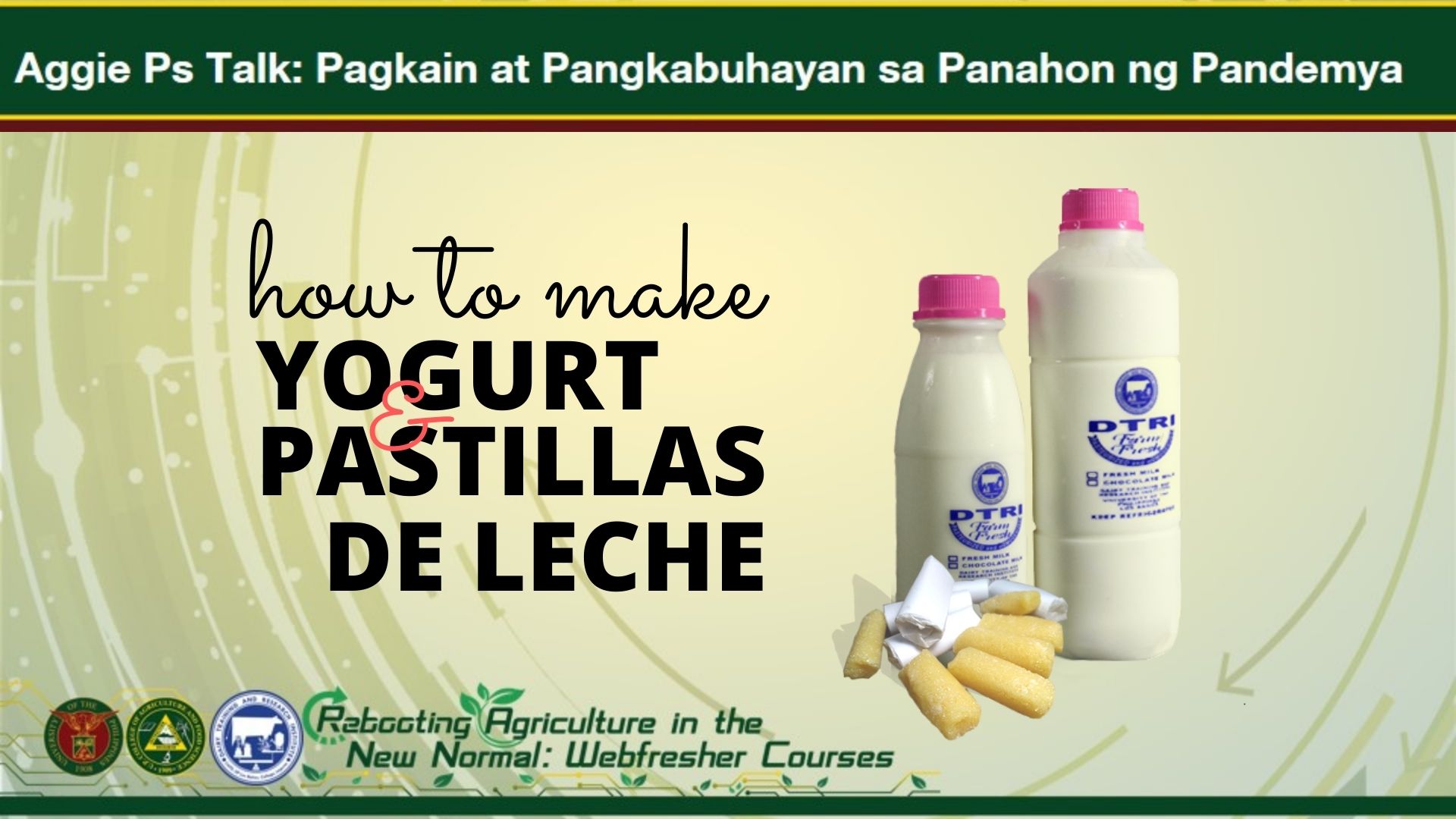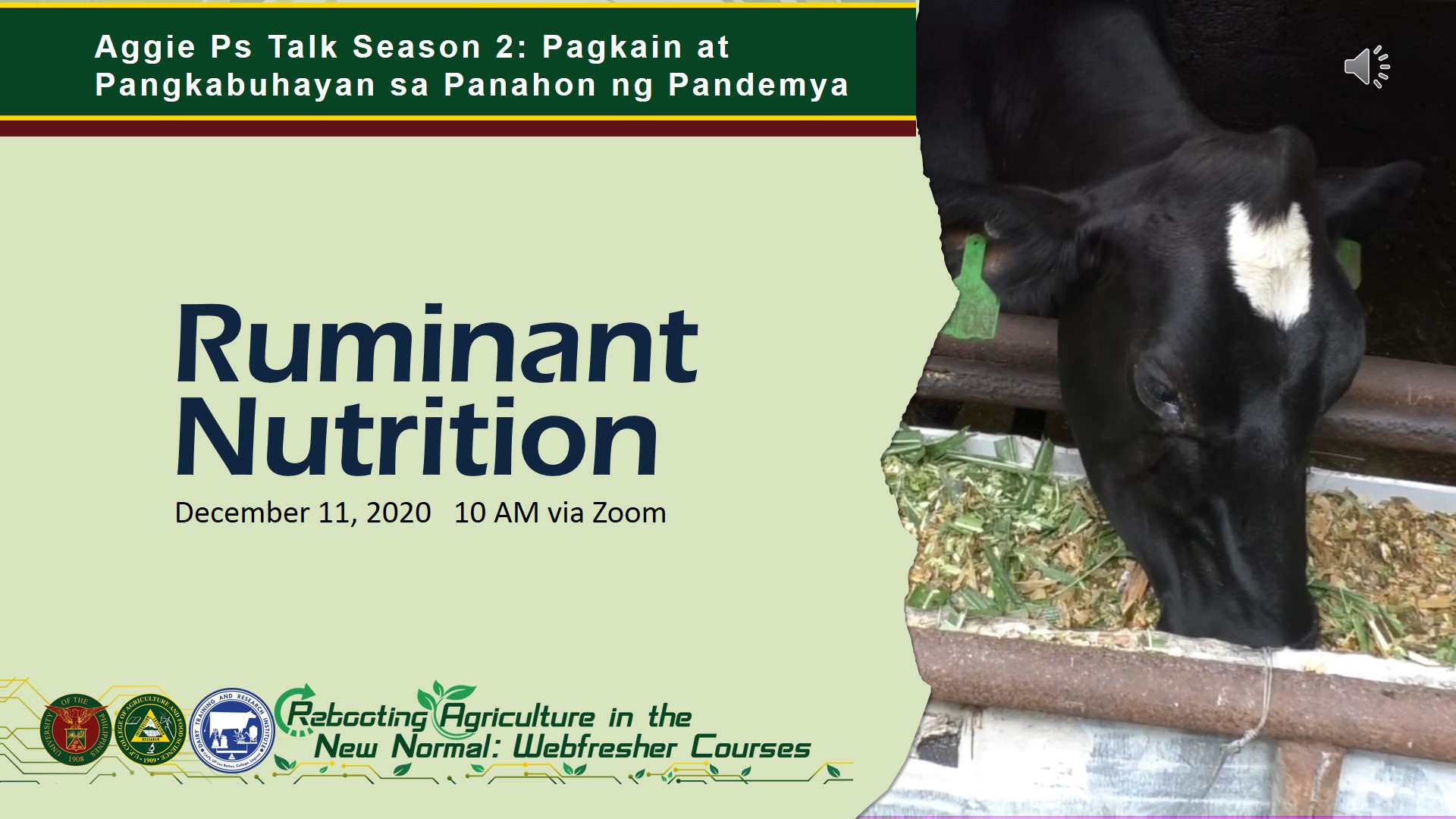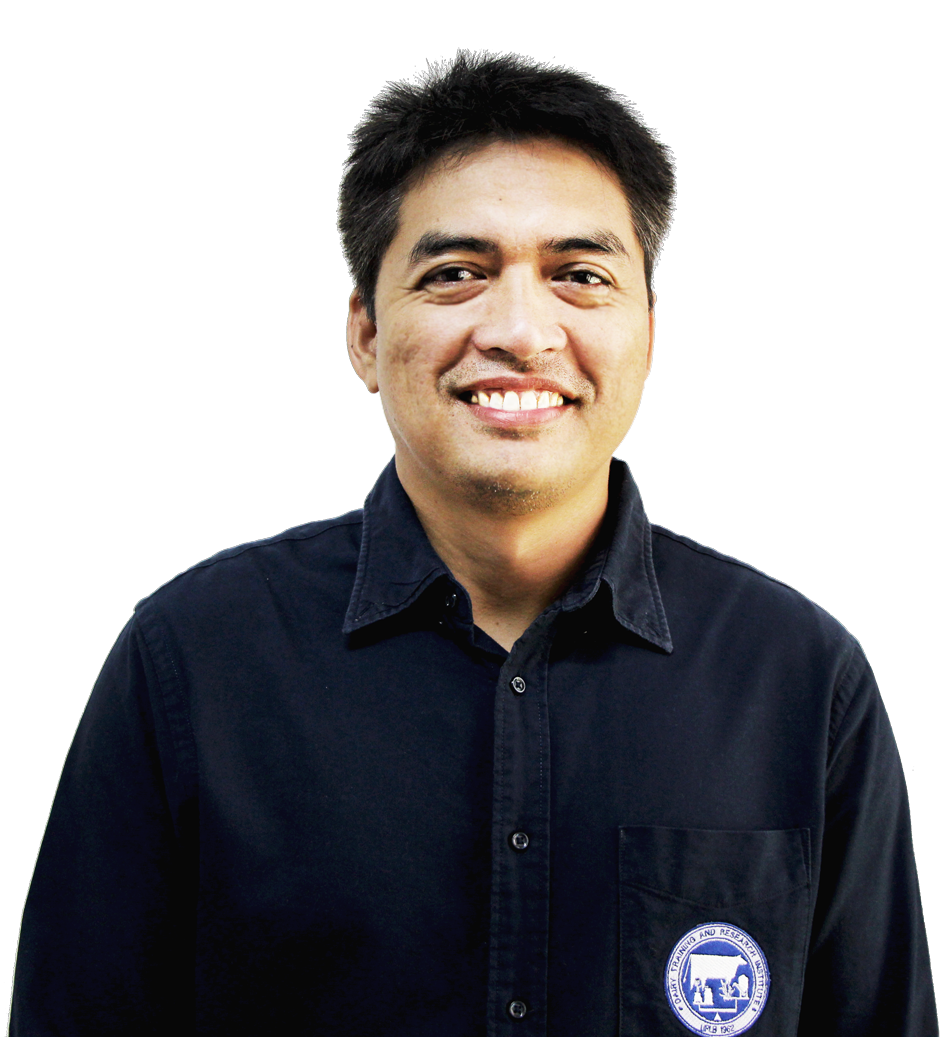A s part of the pre-departure orientation program for the scholars of the Young Filipino Farmers Training Program in Japan (YFFTPJ), the Dairy Training and Research Institute (DTRI) conducted the Basic Training Course on Dairy and Beef Cattle Production and Management for young Filipino farmer-scholars last February 12–15, 2018.
A total of 22 young farmers were selected by the Department of Agriculture – Agricultural Training Institute (DA-ATI) to be this year’s farmer-scholars. With ages ranging from 18 to 27 years, the young farmers represented 14 regions of the country. They were selected at the regional level based on the qualifications set by the ATI.
Through the course, the status of the beef and dairy cattle industry in the Philippines and of the world was discussed. The scholars were also trained on dairy herd management, breeding and physiology of cattle, animal health, milking and milking procedures, milk hygiene and sanitation, feeds and feeding, pasture establishment, and silage and hay making. Hands-on training on the management practices for calves, heifers and milking cows, silage and hay making, and machine milking were also part of the course.
At the onset of the course, the participants took a written examination to measure their knowledge on dairy and beef cattle production. Based on the test results, majority (82%) of the participants had low, very low, or no knowledge on the subject matter. When the same test was administered at the end of the course, majority (73%) of the participants had very high knowledge, while 27% had high knowledge on dairy and beef cattle production and management.
The Philippines, through the YFFTPJ, yearly sends selected young Filipino farmers to Japan to learn new technologies in agriculture. Prior to their departure, the ATI requires the participants undergo several short courses in agriculture (crops and livestock) before their intensive training in Japan. One of the orientation courses they have to undertake is the Basic Training Course on Dairy and Beef Cattle Production and Management. At the end of the program, the farmer-scholars should be able to identify projects that they could pursue in the Philippines.
The course was conducted at DTRI in cooperation with the UPLB Foundation Inc. while the YFFTPJ is managed and funded by the DA-ATI. (RO Batocabe, with photo courtesy of DE Paner)
Source: Aggie Green and Gold (Official Quarterly Publication of the UPLB College of Agriculture and Food Science ) , Vol XIX No. 1 January-March 2018, ISSN: 1655924X





